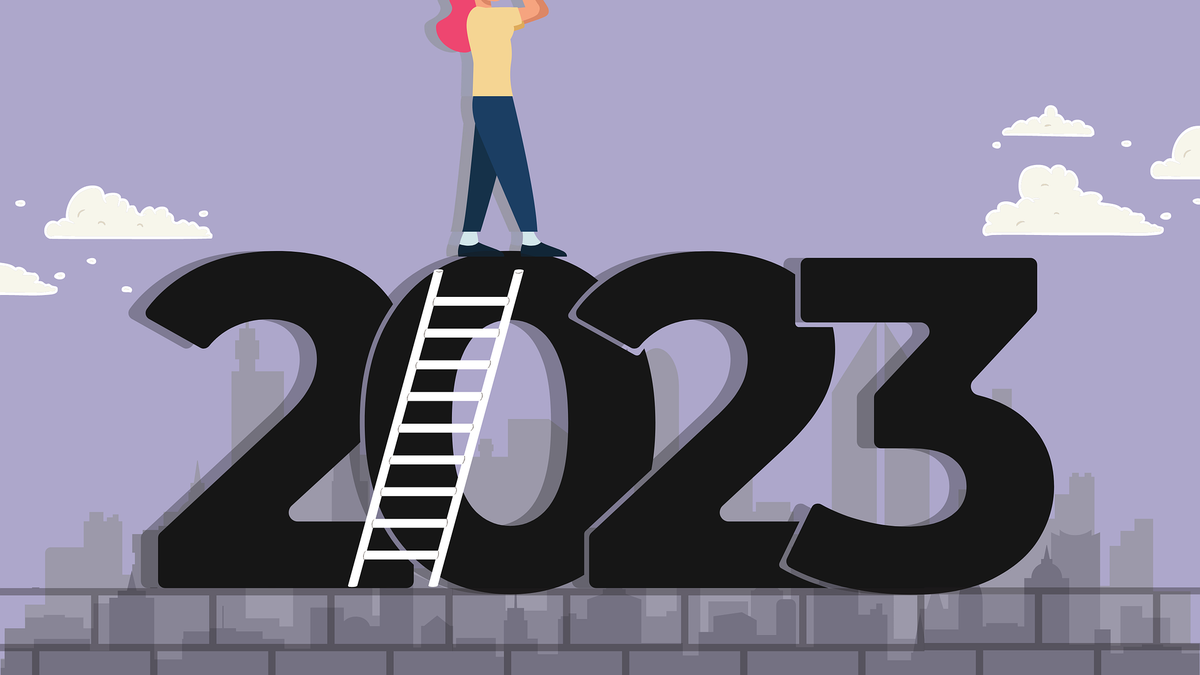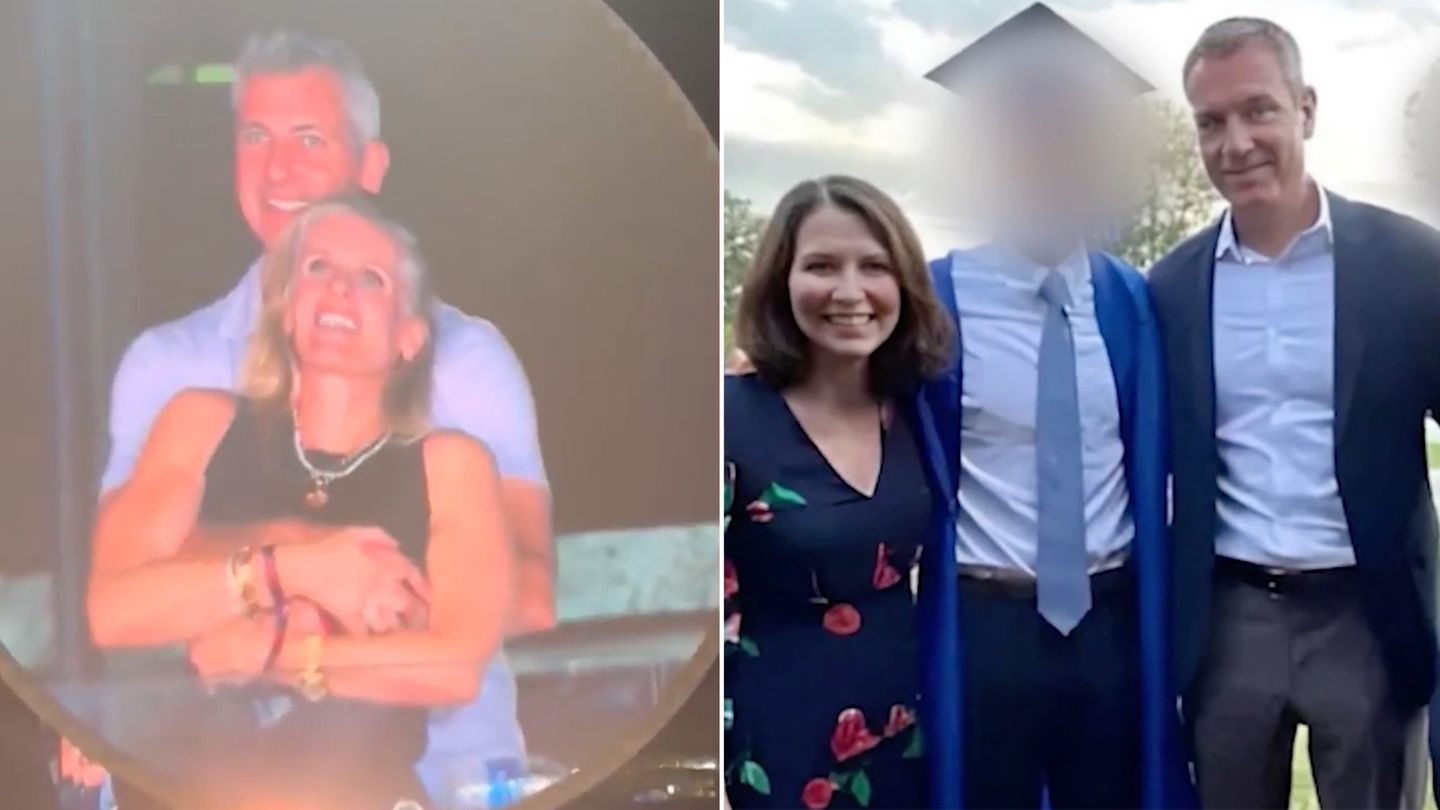On other occasions the goal is not written down or it is not really clear, or perhaps it is not important enough for whoever proposed it and, therefore, it does not give it the necessary power to become a reality.
The reasons are various, but let’s begin to analyze how this fabric of desires and results can be translated into reality.
Three key steps:
- First step: Being honest with ourselves. Ask ourselves exactly what we want to achieve and meditate on that question. What do we want to achieve and where do we want to go, but with great clarity and precision. The answer has to be precise, clear and quantifiable. There the goal (the finish line) is born.
- Second step: Set goals. Unlike the goal, which is where we want to reach, the objectives are intermediate points, steps or small islands to jump from place to place, always focused on the direction where we want to go. Therefore our objectives, whether weekly or monthly, must be very clear, and to have clarity and precision we need time with ourselves to plan and think about how we are going to take those steps (those objectives) until we reach our goal (finish line). ).
- Third step: The plan. In addition to having a clear goal and intermediate points that get us closer to that direction, we need to know what we are going to do in each step or in each objective, for which it is important to make a short, brief and simple plan, but a plan at last
Suppose we want to make a bicycle trip from Buenos Aires to Mar del Plata. There are 413 kilometers and more than 20 hours of travel by this means. Perhaps the correct way would be to establish some intermediate objectives such as getting to El Rodeo, on Route 2 and, according to my plan, there I would have to hydrate, rest, eat something, even motivate myself and continue to my second objective, which is Chascomús. There I could change my shoes, check the bicycle chain, rest for a couple of hours, hydrate again and continue on to my third objective, which would be to reach the city of Dolores. In Dolores, I would once again review the plan and then go for the next section and so on until reaching the goal, which is the city of Mar del Plata.
This example can be applied to any order of our personal and, of course, commercial life. The key to getting out of mediocrity is to set clear goals in life and get as close as possible to our goal and cross that finish line.
And, first of all, we must believe in ourselves. Do not make excuses for the national economy, or the current government, or the world context in relation to conflicts, etc. Let us remember that everything that is going to happen in this 2023, absolutely everything, depends on our decision-making, on motivating ourselves, even rewarding ourselves, giving us encouragement and encouragement and, above all, understanding that our results will depend on the quality of our thoughts. We must constantly tell ourselves that we deserve to have good results. Success this year is something that we are going to have thanks to the person we are going to become, that is why it is so important that with the beginning of the new year we clearly set the objectives that will lead us to the goal and a plan that directs or directs us. that action
It is sure that it can. It is worth having a much better present and, of course, a much more prosperous future since we are Argentines, we are resilient, we are strong and brave, as well as very creative and we are in a very thriving country.
We must not allow anyone to turn off that music that is within us. Let’s remember that it is possible and that it depends on ourselves.
A prosperous and productive 2023!
Specialist in Financial Education and Entrepreneurship
Source: Ambito
David William is a talented author who has made a name for himself in the world of writing. He is a professional author who writes on a wide range of topics, from general interest to opinion news. David is currently working as a writer at 24 hours worlds where he brings his unique perspective and in-depth research to his articles, making them both informative and engaging.




